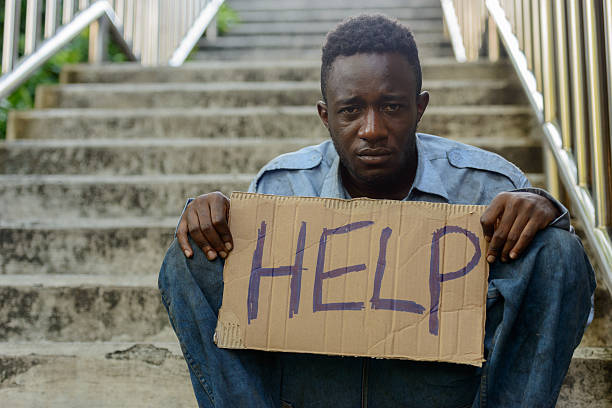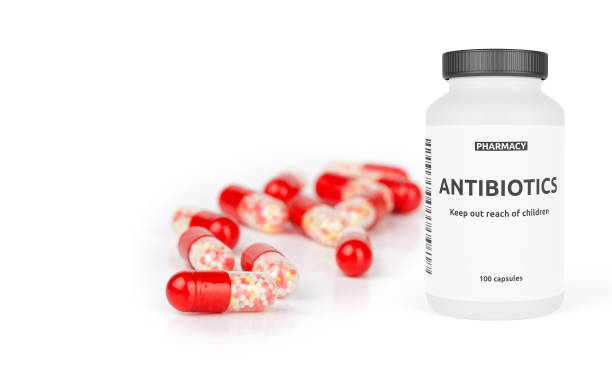Drug abuse involves using substances in ways not intended by medical professionals, leading to severe health and societal consequences. This complex issue not only affects individuals but also ripples through families and communities, causing widespread harm. Understanding the dangers of drug abuse and knowing how to get help are crucial steps toward mitigating its impact.
Understanding Drug Abuse
Drug abuse occurs when individuals use substances—ranging from prescription medications to illicit drugs—in a manner that deviates from medical guidelines or societal norms. This misuse disrupts the body’s natural balance, leading to physical dependence and a host of severe health issues. The impact of drug abuse is multifaceted, affecting the physical, mental, and social well-being of the user and those around them.
- Types of Drugs Commonly Abused
- Prescription Drugs: Medications like opioids, benzodiazepines, and stimulants are often abused for their euphoric effects.
- Illicit Drugs: Substances such as heroin, cocaine, methamphetamine, and ecstasy are frequently abused for their intense and immediate effects.

- Alcohol: While legal, alcohol is one of the most commonly abused substances, leading to addiction and significant health risks.
Consequences of Drug Abuse
The consequences of drug abuse are far-reaching and can be devastating for individuals, families, and communities. These consequences can be broadly categorized into three main areas
Addiction
- Nature of Addiction: Addiction is a chronic disorder characterized by compulsive drug seeking and use, despite harmful consequences. It alters brain function, making it difficult for individuals to control their drug use.
- Signs of Addiction: Indicators include an increased tolerance to the drug, withdrawal symptoms when not using, neglect of responsibilities, and continuing to use despite negative effects on health and relationships.
Health Issues
- Physical Dependence and Tolerance: With regular use, the body becomes dependent on the drug to function normally. Over time, tolerance develops, requiring higher doses to achieve the same effect, which can lead to overdose.
- Severe Health Complications: Drug abuse can cause a range of health issues, including liver and kidney damage, cardiovascular problems, respiratory issues, mental health disorders, and infectious diseases like HIV/AIDS and hepatitis from shared needles.

- Social Impact
- Strained Relationships: Drug abuse often leads to conflicts within families, loss of trust, and breakdown of relationships. The emotional toll on loved ones can be immense.
- Societal Issues: The broader societal impact includes increased crime rates, homelessness, unemployment, and a burden on healthcare systems and law enforcement.
Prevention and Treatment
Addressing drug abuse requires a comprehensive approach that includes prevention, education, and accessible treatment options. Here are key strategies for prevention and treatment:
- Education
- Understanding the Risks: Educating individuals, especially young people, about the dangers of drug misuse is crucial. Awareness programs in schools, communities, and workplaces can help prevent the initiation of drug use.
- Dispelling Myths: Combatting misconceptions about drug use and addiction is essential. It’s important to understand that addiction is a disease, not a moral failing.
Seek Help
- Treatment Options: Various treatment options are available for those struggling with drug abuse. These include therapy (individual, group, or family), medication-assisted treatment (MAT), detox programs, and residential rehabilitation facilities.
- Support Groups: Organizations like Narcotics Anonymous (NA) and Alcoholics Anonymous (AA) provide peer support and a sense of community for individuals in recovery. Support groups can be a valuable resource for sharing experiences and coping strategies.
Follow Medical Guidance
- Use Drugs as Prescribed: Adhering to medical advice and using prescription drugs only as directed by healthcare professionals can prevent misuse and the potential for addiction.
- Regular Check-Ups: Regular medical check-ups and honest communication with healthcare providers can help monitor and manage any potential issues related to drug use.
Conclusion: The Path to Recovery
Remember, seeking help is a sign of strength, not weakness. If you or someone you know is struggling with drug abuse, it’s important to reach out for support. Recovery is possible with the right treatment and support systems in place. By understanding the risks, seeking appropriate help, and following medical guidance, individuals can overcome addiction and reclaim their lives.
Drug abuse is a complex issue with significant health and social consequences, but with education, prevention, and effective treatment, it’s possible to mitigate its impact and support individuals on their journey to recovery.


